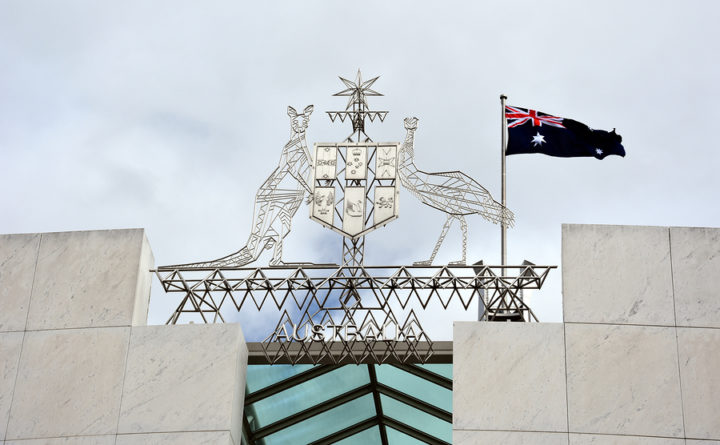Now more than ever Australian small businesses must look to secure government revenue streams in the form of contracts, BaU, grants, tenders, and supplier arrangements. In times where almost every economist is painting a frightening landscape for all businesses over the next 18 months, small businesses must seriously consider Government revenue streams as a very real way to keep their heads above water. There are seven primary reasons why most small businesses don’t actively target Government business as a source of revenue. Interestingly, these seven barriers are largely no longer relevant in today’s world – unfortunately, many small businesses aren’t aware of this fact.
Barrier one: size matters
Many small businesses ignore Government business because they’re exactly that: small. Government contracts are often large and complex. Government contracts are also lucrative and even small pieces of Government work can realise significant profits to a small business. $100,000+ purchases are considered in Government circles to be a pretty minor procurement. $100,000 to a small business can mean an entire year’s profit. Take a minute to think about how many businesses in Australia would consider spending $100,000 on something to be “minor”. There aren’t too many.
So, when a small business sees a piece of Government work as too big or complex, or they could only fulfil a portion of the work, they must consider what’s referred to as a collaborative bid. In some government departments they’re known as cooperative bids. Government knows that its difficult for one company to fulfil an entire contract, particularly the larger works. For this reason, they welcome submissions where several businesses have come together to satisfy the requirement for the work. This can be powerful for small businesses. By forming partnerships with other businesses they can expand their capabilities, experience, and value-adds, and bid for Government business far more confidently. With the right partners in place, small businesses can put their hands up for many more opportunities than they’d have been able to entertain on their own. With the right partners they can compete against much bigger businesses and beat them.
Keeping it simple
Be warned, though: If you win a piece of Government work as part of a collaborative submission, Government absolutely does not want to oversee or coordinate the contract with each entity within the partnership. You must nominate one primary company to lead the cooperative bid from inception. This person or business is the primary point of contact on all matters related to the submission. Government wants clarification on the pricing section? They go to The Lead. Government want an update on the project? They ask The Lead. Government has a problem? They reach out to The Lead. Don’t make it difficult for Government…believe it or not, they like to keep things simple whenever they can.
Have a think about it: with some work and preparation, Government could become your most stable and profitable customer. In such a difficult time for Australian small businesses, such customers can not be ignored.
Next time we’ll look at Barrier 2 and how small businesses can turn it to their advantage.
Thomas Pollock, CEO, THINQ Learning and author of “Winning Government Business: the 6 Rules and 9 Absolutes”














